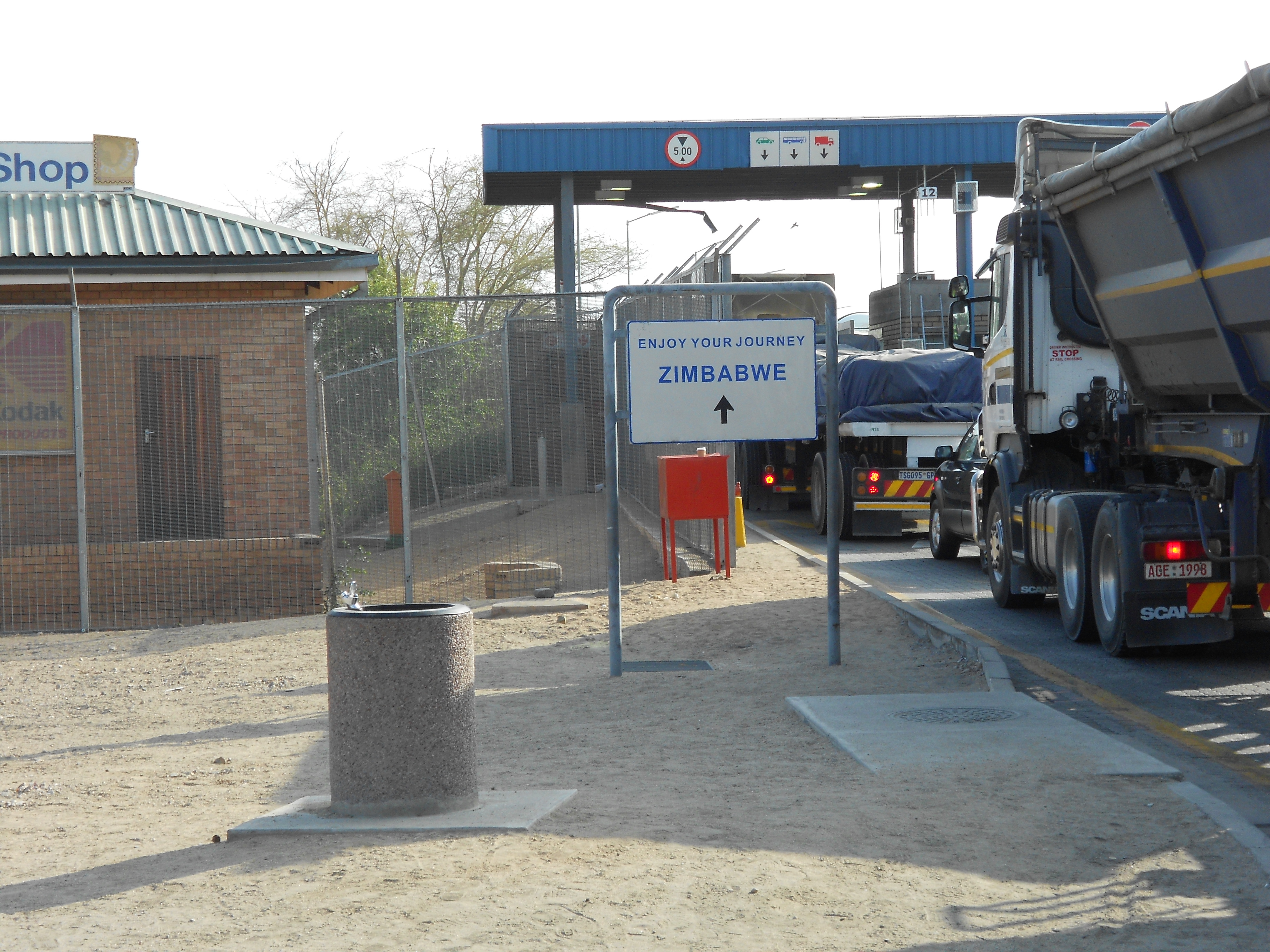
Zimbabwe’s Statutory Instrument 64 of 2016’s advent was followed by a great deal of confusion in its wake, even among the most notable individuals, newspapers and general media outlets. I see more than a single area of confusion surrounding SI 64 of 2016.
In this post I maintain focus on only one of the many confusions. I think if this disorderly jumble is left to prevail, it distorts the acumen of those who should be making better judgment and analysis around SI 64 of 2016 as a policy.
I have mentioned before to colleagues that I am available to debate whether or not Zimbabwe honored its international obligations in implementing SI 64 of 2016 (and other such trade restrictions).
My purpose in this post, though, is to respond to an apparent but inaccurate suggestion that Zimbabwe has no right to enforce trade restrictions due to the idea of trade liberalization. In short I am saying trade liberalization is not a blank cheque. It never was.
To build my case, a brief but key historical background is needful.
In international trade, Zimbabwe’s Statutory Instrument 64 of 2016 is a form of protectionism. I once explained here a bit about the Westphalia system as a historical concept which happen to be the root of the modern system of government that our world has followed since.
The point here is that protectionism in international trade is as old as the creation of the nation state as we know it today.
Historically, left to themselves, countries have sought to do better than others by maximizing the benefits of trade at the expense of others through protecting their domestic markets by increasing exports and reducing imports. This very much approximates the idea of mercantilism. You hardly hear this sought of language today due to both its limitations and its implications. Many historians concur that WWII occurred in part due to the distractive behavior of certain countries rooted in mercantile thinking and policies.
Whilst mercantilism in its raw format as it existed back then vanished, in part, due to the advent of democracy and international cooperation, its roots and heritage remains alive. Mercantilism exhibited unfettered self interest at the national level. International relations theorists have since summarised some of the core tenets driving this selfish behavior of countries in the international system as Realism.
Realists, as their name would suggest, hold a worldview that confronts the reality of the world we live in for what it is. They argue that each country, first and foremost, must look after its interests even if this means going to war with its neighbor. People who often talk about and stand up for the national interest are likely realists who may or may not know it.
From the early days, the international multilateral trading system has recognized that countries will seek for ways to protect their domestic interests whenever trade balance significantly goes against them. While the language of the 20th and 21st centuries has been trade liberalization, few people realize that the level of trade liberalization enjoyed today is the case, to a good extent, due to protectionism.
International trade negotiators realized early on that unless you allow and give countries, under certain conditions, room to fall back on protectionism, very few would be willing to enter agreements compelling them to open their borders and liberalize in the first place.
It is for this reason that major trade agreements of the 20th and 21st centuries carry what is commonly known as the “escape clause” or “escape valve”. Examples are Article XIX of the General Agreement on Tariffs and Trade (GATT 1994), the SADC Trade Protocol and the COMESA Agreement and so on.
Conditions such as a severe trade deficit, mass de-industralization, and a generally very ill economy under which Zimbabwe has implemented Statutory Instrument 64 of 2016, are legitimate conditions that legally trigger the use of protectionist measures found in multilateral trade agreements.
This will be my point to my colleagues who venture into wholesome criticism of the country’s trade restriction policy as if to suggest Zimbabwe has no right under international trade relations to control the amount of imports entering its shores. What Zimbabwe has done is a natural response as predicted by Realism that countries will do this when their very survival is threatened.
As indicated earlier, I hold a different view should the question be asked whether or not, in light of the existence of a legitimate right to protectionism, Zimbabwe followed procedure in implementing SI 64 of 2016. I intend to look into this question and do so more closely suffice to say I have made some of my views known already here.